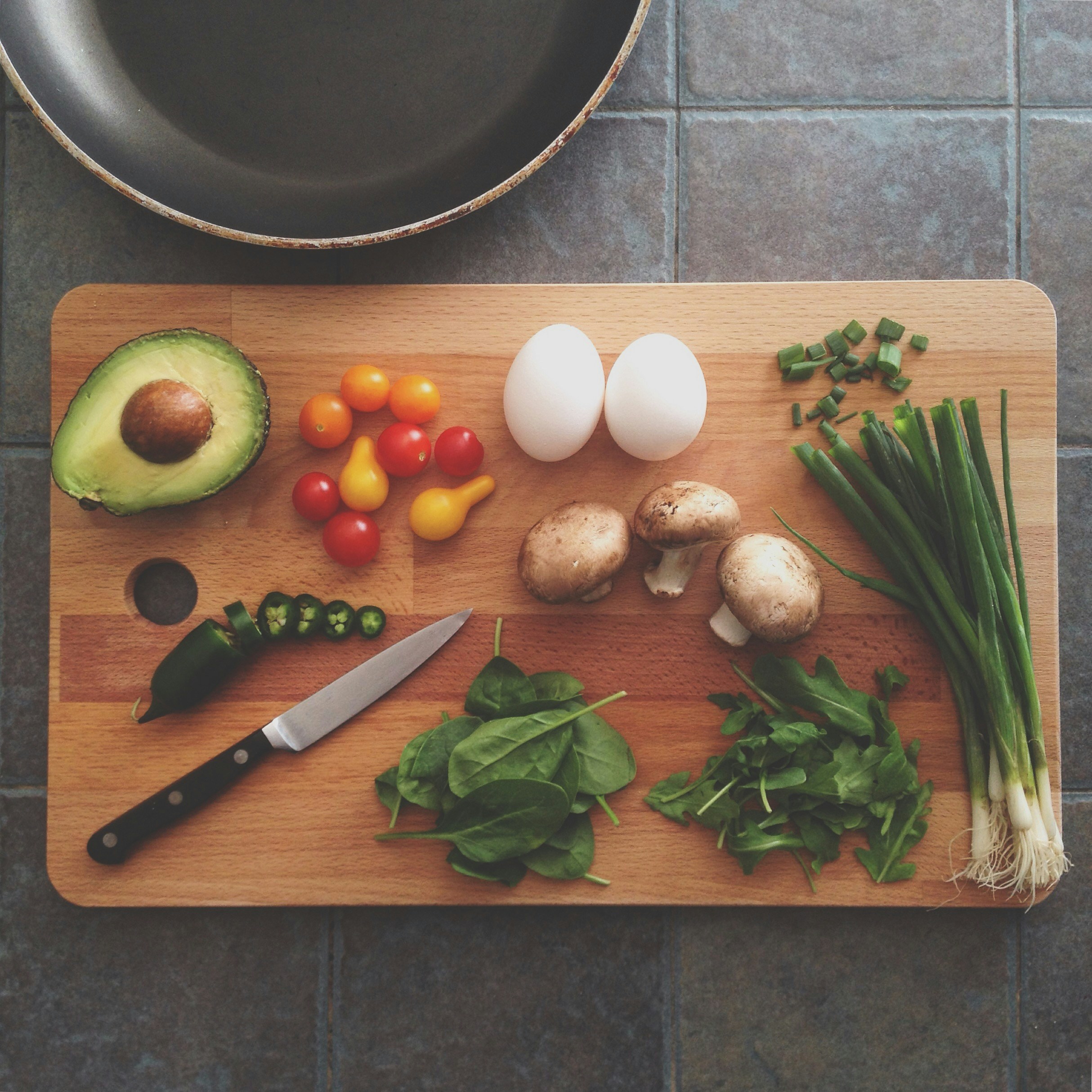

Introduction to Hydration and its Importance
Water is essential to life, yet many of us overlook its importance in our daily routines. It’s easy to get caught up in the hustle and bustle of modern living, prioritizing food choices and exercise while neglecting something as simple as hydration. But what if we told you that drinking enough water could be one of the most powerful tools for enhancing your health? From boosting energy levels to improving skin complexion, water plays a crucial role that goes beyond just quenching thirst.
You might not realize it, but every cell in your body relies on proper hydration to function optimally. This blog will dive deep into why water matters more than you think. So grab a glass and let’s explore the vital relationship between hydration and a healthy diet!
The Science Behind Water and the Human Body
Water is the essence of life. Our bodies are composed of about 60% water, playing a crucial role in nearly every bodily function.
From regulating temperature to aiding digestion, H2O is indispensable. It transports nutrients and oxygen to cells while flushing out toxins that can build up over time.
The brain relies heavily on hydration too; even mild dehydration can impair cognitive functions like concentration and memory.
Joint lubrication, skin elasticity, and muscle performance also depend on adequate water intake. Without enough fluid, you may experience fatigue or discomfort during physical activity.
Every system in our body thrives when we prioritize hydration. It’s not just about quenching thirst; it’s essential for maintaining balance within us. Understanding this connection elevates water from a mere beverage to a vital component of health.
The Benefits of Drinking Enough Water
Staying properly hydrated offers a range of benefits that extend beyond quenching your thirst. Water plays a crucial role in maintaining optimal body function. It helps regulate temperature and supports joint lubrication, keeping you feeling agile.
Adequate hydration boosts energy levels too. When you’re well-hydrated, your cells operate more efficiently, which can enhance physical performance and mental clarity. You may find it easier to focus on tasks throughout the day.
Moreover, drinking enough water aids digestion and nutrient absorption. It prevents constipation by promoting regular bowel movements and ensures that your body can effectively utilize the food you consume.
Skin health also reaps rewards from proper hydration. Well-hydrated skin tends to look plumper and more radiant while minimizing dryness or flakiness.
Simply put, making water a priority in your daily routine is key for both physical vitality and overall well-being.
Common Misconceptions About Hydration
Many people believe that hydration only comes from drinking water. While it’s true that water is essential, many foods also contribute to your daily fluid intake. Fruits and vegetables can be surprisingly hydrating.
Another misconception is that you need to drink eight glasses of water a day. Individual needs vary based on activity level, climate, and overall health. Listening to your body is key.
Some think they’re hydrated if their urine is clear. However, factors like medication and diet can affect urine color without indicating true hydration levels.
There’s a belief that coffee or tea dehydrate you due to caffeine content. Research shows that moderate consumption of these beverages does not significantly impact hydration status for most people; they still count towards your daily fluid intake.
Incorporating More Water into Your Diet
Finding ways to drink more water can be both fun and easy. Start by carrying a reusable water bottle with you everywhere. This simple change serves as a constant reminder to hydrate throughout the day.
Infuse your water with fruits or herbs for added flavor. Try combinations like cucumber and mint or lemon and ginger. These delicious twists make it easier to enjoy that refreshing sip.
Set reminders on your phone or use hydration apps to track your intake. Small nudges can help form lasting habits, keeping you accountable.
Consider incorporating watery foods into meals too—think cucumbers, watermelon, or soups. They not only nourish but also contribute to overall hydration levels without feeling like an extra effort.
Experimenting with different beverages can also help; herbal teas and coconut water are great alternatives when you’re looking for variety in your hydration routine.
Conclusion: Prioritizing Hydration for Optimal Health
Hydration plays a crucial role in maintaining overall health. It affects every system in your body, from digestion to temperature regulation. Paying attention to how much water you consume can lead to significant improvements in well-being.
Start by setting simple goals. Aim for at least eight glasses of water daily, adjusting based on activity levels and climate. Keep a reusable water bottle with you as a reminder to sip throughout the day. Enjoy flavored waters or herbal teas if plain water feels monotonous.
Remember that food also contributes to hydration. Fruits and vegetables are excellent sources of moisture, adding variety while keeping you hydrated. Simple changes like incorporating more salads or smoothies can make a difference.
Prioritizing hydration is not just about drinking enough; it’s about fostering habits that support your body’s needs and enhancing your quality of life. The journey towards optimal health starts with recognizing the power of something as simple as water—so drink up!
